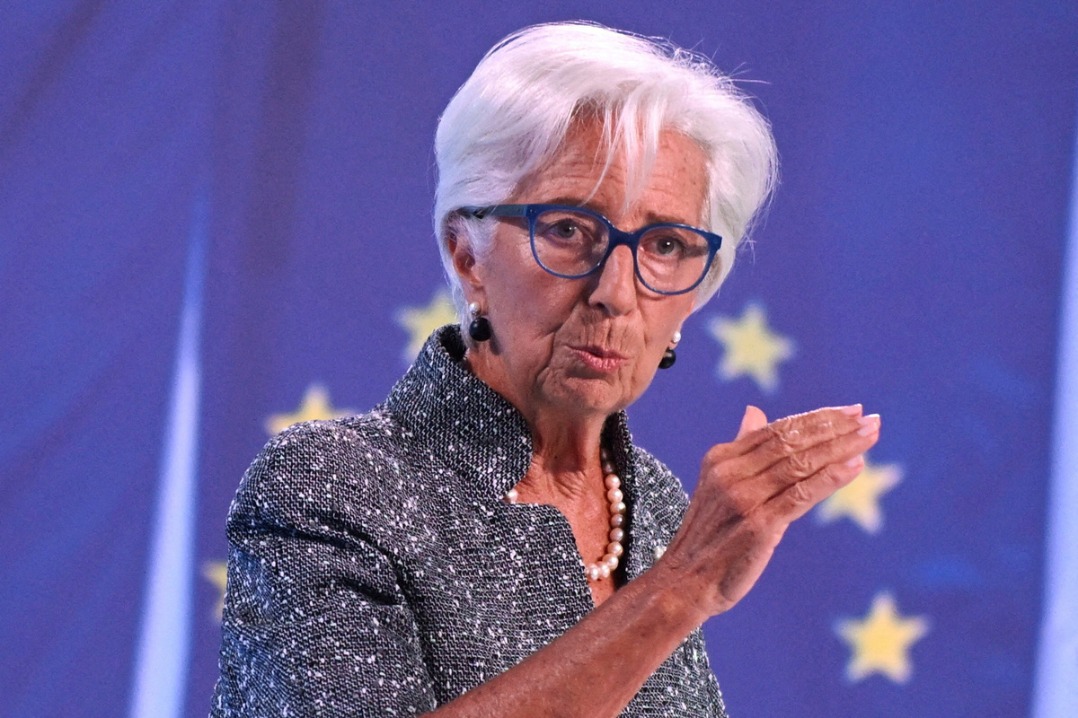OECD warns central banks about rate cuts


The Organisation for Economic Co-operation and Development, or OECD, has forecast continued economic resilience globally despite headwinds, while warning central banks against cutting interest rates too quickly amid persistent service-sector inflation.
In its latest Economic Outlook released on Wednesday, the Paris-based organization said the global economy is projected to remain resilient despite significant challenges, projecting gross domestic product, or GDP, growth of 3.3 percent in 2025, up from 3.2 percent in 2024, and 3.3 percent in 2026.
Central bank inflation targets have been met in nearly half of advanced economies, and about three-fifths of emerging markets, it reported.
"The global economy has proved resilient. Inflation has declined further toward central bank targets, while growth has remained stable," OECD Secretary-General Mathias Cormann said.
The report cautioned that with services inflation still averaging 4 percent across wealthy nations, central banks must maintain their vigilant monetary stance.
The OECD said: "Persistent services inflation may jeopardize the ability to meet inflation targets."
Cormann added: "Significant challenges remain. Geopolitical tensions pose short-term risks, public debt ratios are high and medium-term growth prospects are too weak. Policy action needs to safeguard macroeconomic stability — through monetary policy easing that is carefully calibrated to ensure inflationary pressures are durably contained, and through fiscal policy that rebuilds fiscal space to preserve room to meet future spending pressures."
The OECD warned that core inflation rates — which exclude volatile food and energy prices and better reflect underlying price pressures — remain above target in numerous countries.
The organization projects varied growth patterns across major economies through 2026.
The United States leads advanced economies with projected growth of 2.8 percent in 2025, moderating to 2.4 percent in 2026 — a significant upgrade from earlier forecasts, supported by strong consumption and wage growth.
The eurozone is expected to see modest improvement, from 1.3 percent in 2025 to 1.5 percent in 2026.
The report highlights three main priorities: bringing inflation down, addressing rising fiscal pressures, and tackling workforce shortages that are holding back economic growth.
Alvaro Pereira, the OECD's chief economist said: "Failing to durably contain inflation would only increase the risks to growth and real incomes. Even though the global economy is expected to remain resilient, risks and uncertainties are high."
The report noted that structural reforms are essential to lay the foundations for stronger, sustainable growth and it emphasized that policy action "needs to ensure that skills evolve with demands on labor markets and that labor force participation, especially of older workers and women, rises".
Cormann added: "To boost productivity and the foundations for growth, we must enhance education and skills development efforts, undo overly stringent constraints to business investment, and successfully tackle the structural increase in labor shortages."

































